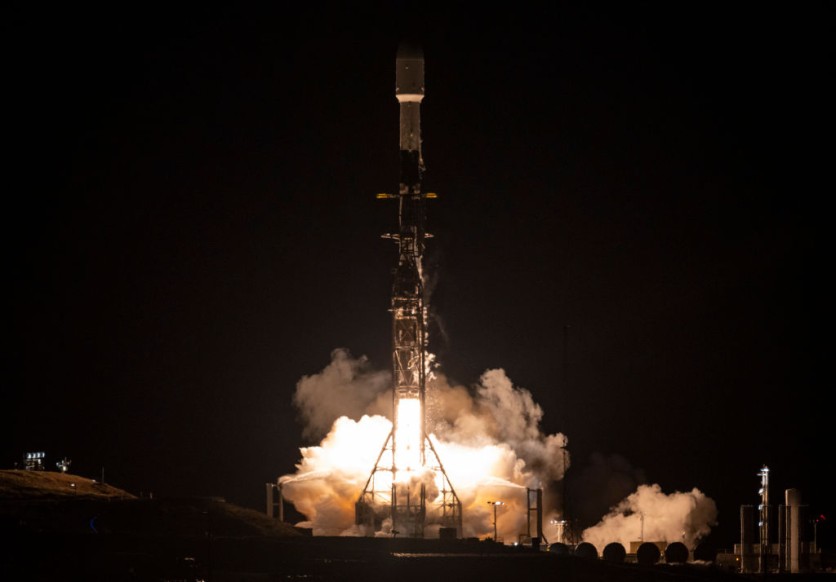ABL Space Systems was set to introduce its new powerful satellite launcher on Tuesday, Jan. 10. However, things did not go as planned.
The space company's RS1 rocket was launched for its first orbital mission at the Pacific Spaceport Complex on Alaska's Kodiak, as per Space.com's report.

"After liftoff, RS1 experienced an anomaly and shut down prematurely. The team is working through our anomaly response procedures in coordination with PSCA (Pacific Spaceport Complex-Alaska ) and the FAA ( Federal Aviation Administration)," ABL wrote in a tweet.
"This is not the outcome we were hoping for today, but one that we prepared for. We'll revert with additional information when available. Thanks to all for the support."
According to ABL representatives, the two-stage rocket failed to successfully launch a pair of CubeSats into low Earth orbit (LEO) during its test flight.
All About ABL
ABL, a California-based firm launched in 2017, hopes to make a significant impact on the smallsat launch market with the RS1 and the ground system it is connected to, which the business refers to as GSO.
Nine E2 engines from ABL are used in the first stage of the 88-foot-tall (27-meter) RS1, and one E2 is used in the second stage. The user's manual from ABL states that the disposable rocket can launch up to 2,975 pounds (1,350 kilograms) of cargo into low-Earth orbit.
The business now charges $12 million for each RS1 liftoff. Comparatively, Rocket Lab costs roughly $7.5 million for a mission called the Electron that can send about 660 pounds (300 kg) into low-Earth orbit.
ABL believes that vertical integration and simplicity of design are essential to achieving its goals and it claims that both the RS1 and GSO are easily deployable.
Space.com reports that the ground system, for instance, may be installed anywhere in the world with a flat pad and fits into typical shipping containers.
After liftoff, RS1 experienced an anomaly and shut down prematurely. The team is working through our anomaly response procedures in coordination with PSCA and the FAA.
— ABL (@ablspacesystems) January 10, 2023
Read Also : [LOOK] China Reveals Plans for Manned Moon Mission with Next-Generation Crewed Spacecraft and Lunar Lander
Another Failed Launch: Virgin Orbit
On Monday, Jan. 9, Virgin Orbit also failed to launch its "Start Me Up" mission from Spaceport Cornwell.
The company reported an anomaly that prevented them from reaching orbit, which ultimately destroyed the rocket and the nine small satellites that it was carrying.
The project was a byproduct of a collaboration between the UK Space Agency, Virgin Orbit, Cornwall Council, and the Royal Air Force.
However, UK Business Secretary Grant Shapps said that the event was still a significant moment for the country even though the mission failed to reach orbit.
Shapps expressed optimism that Virgin Orbit will eventually "pick themselves up."
The space company acquired the CAA's approval for the launch. It had originally planned to launch in Dec. 2022, but it was postponed days later because of additional technical work required from the UK's Civil Aviation Authority.
Related Article : [LOOK] SpaceX Launches 60th Falcon 9 Rocket Mission of 2022, Sending 54 Gen2 Starlink Satellites into Orbit

ⓒ 2025 TECHTIMES.com All rights reserved. Do not reproduce without permission.




